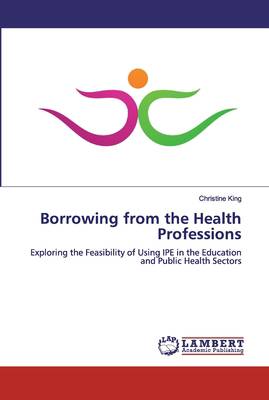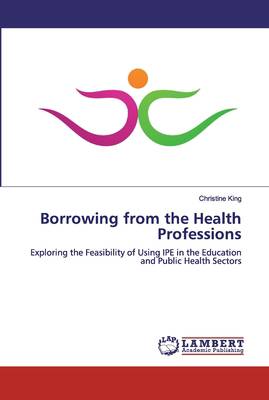
- Afhalen na 1 uur in een winkel met voorraad
- Gratis thuislevering in België vanaf € 30
- Ruim aanbod met 7 miljoen producten
- Afhalen na 1 uur in een winkel met voorraad
- Gratis thuislevering in België vanaf € 30
- Ruim aanbod met 7 miljoen producten
Zoeken
Omschrijving
It is important for educators to understand the social context of children, particularly those living in poverty, so they can best meet the needs of the whole child. However, educators cannot be expected to possess all of the knowledge necessary to meet the needs of the whole child. This study explores the use of interprofessional education as a means by which educators could gain an understanding of the whole child and collaborate with other professionals to meet those needs. Interprofessional education has been widely used in Schools of Medicine, Nursing, and Pharmacy to teach increased communication and collaboration skills. Using a mixed methods approach, graduate students at the Schools of Education and Public Health at Johns Hopkins University participated in an interprofessional workshop to determine its feasibility with those outside the health professions. The results demonstrate the viability of using interprofessional education with graduate students in education and public health. Results also indicate interprofessional education could be used as a method of training for those working with high need students to encourage increased communication and collaboration.
Specificaties
Betrokkenen
- Auteur(s):
- Uitgeverij:
Inhoud
- Aantal bladzijden:
- 152
- Taal:
- Engels
Eigenschappen
- Productcode (EAN):
- 9786200314871
- Verschijningsdatum:
- 12/09/2019
- Uitvoering:
- Paperback
- Formaat:
- Trade paperback (VS)
- Afmetingen:
- 152 mm x 229 mm
- Gewicht:
- 231 g

Alleen bij Standaard Boekhandel
+ 134 punten op je klantenkaart van Standaard Boekhandel
Beoordelingen
We publiceren alleen reviews die voldoen aan de voorwaarden voor reviews. Bekijk onze voorwaarden voor reviews.











